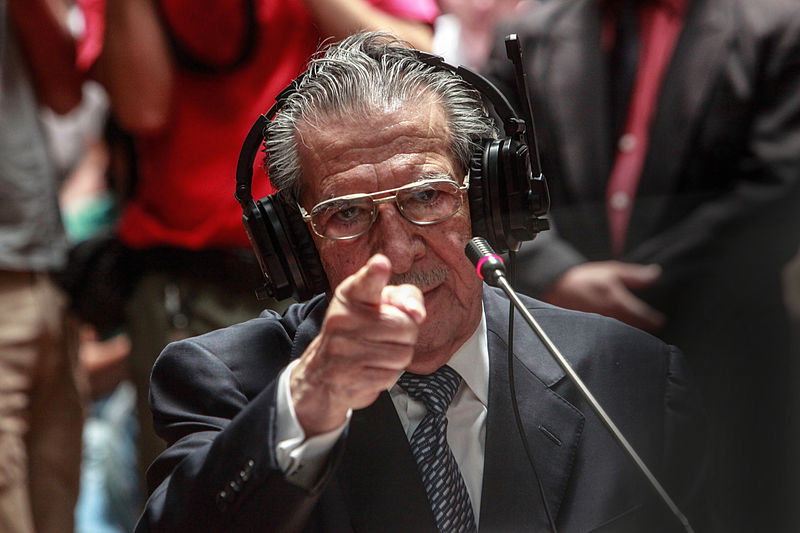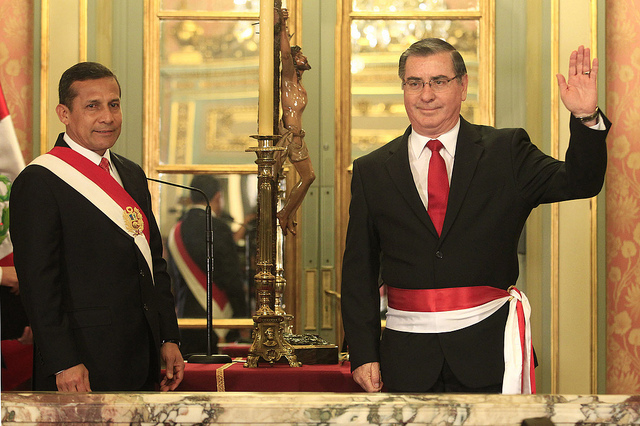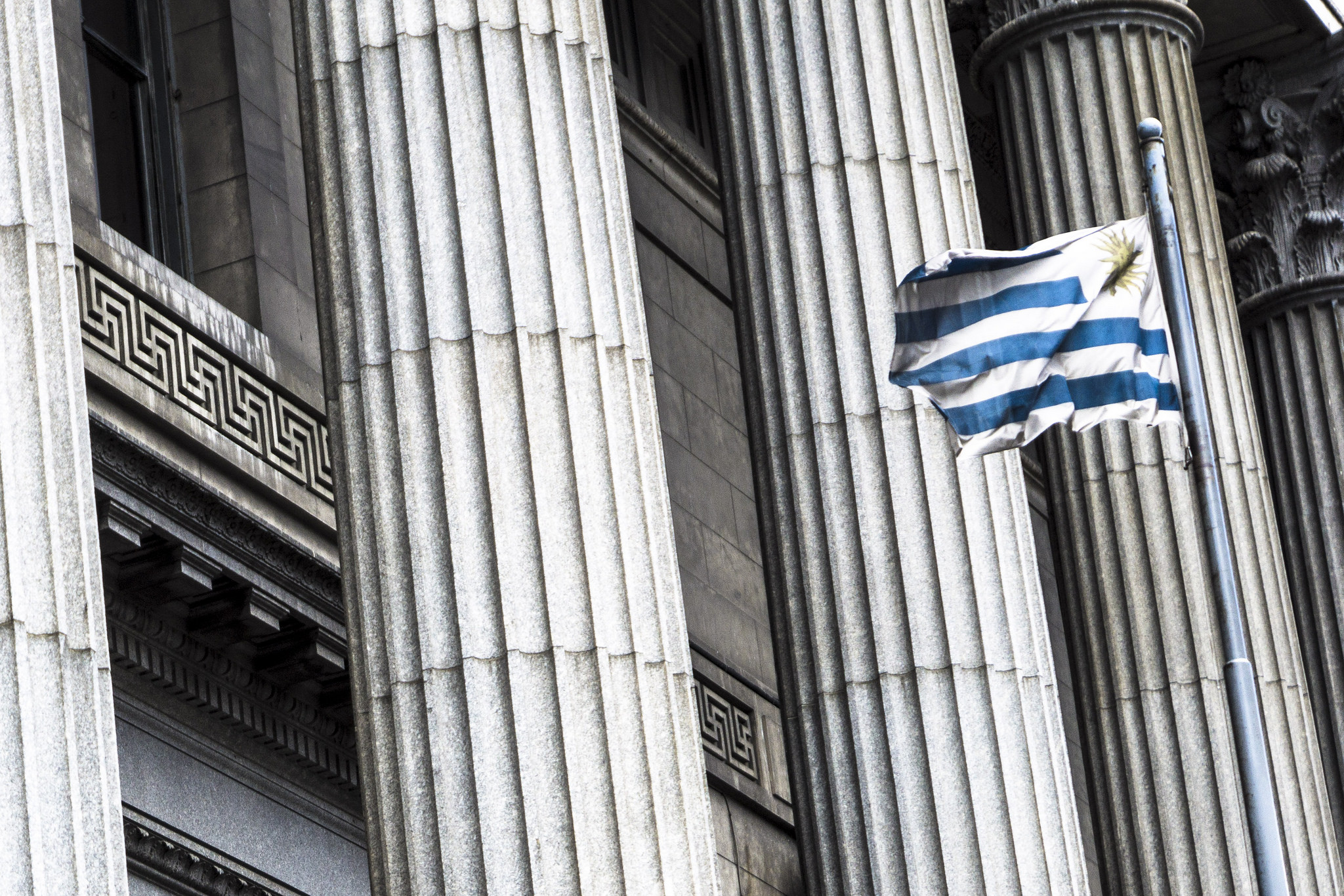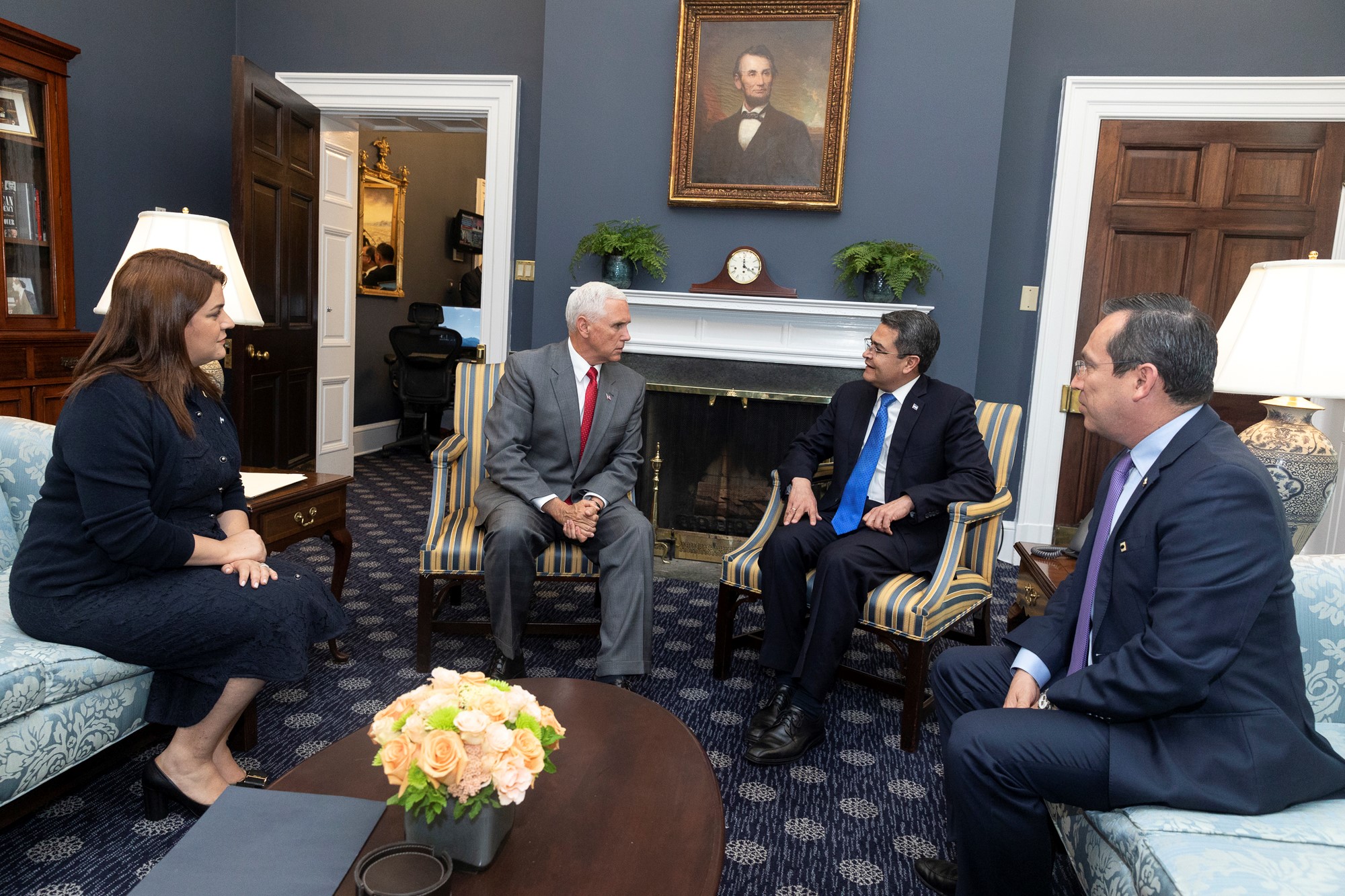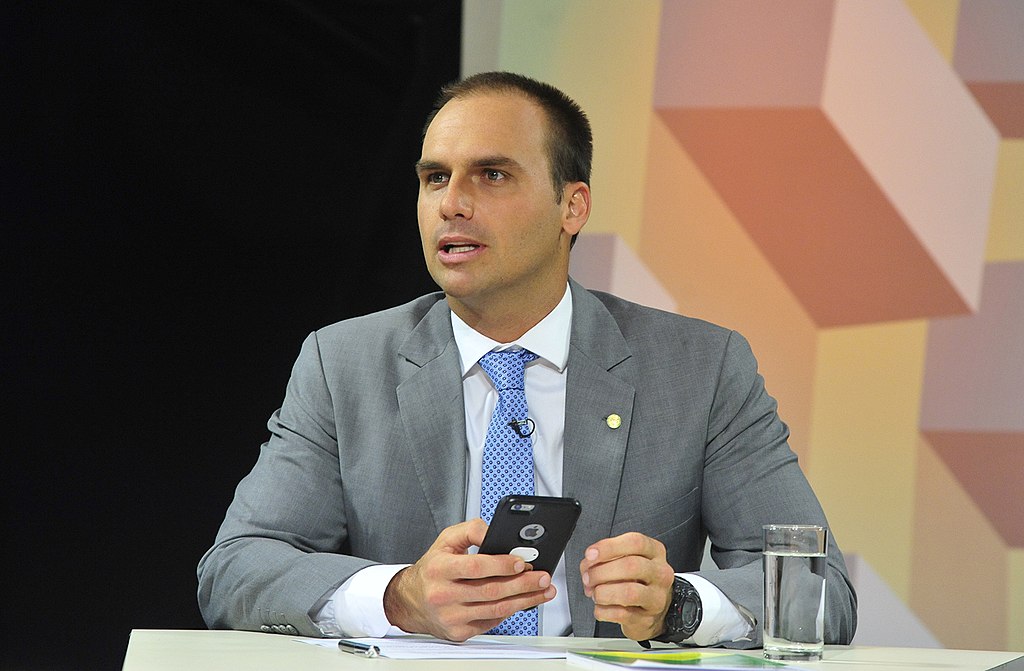
Latin America: Week in Review
Critics call Bolsonaro’s and son’s comments undemocratic
October 23, 2018 By Staff
TODAY IN LATIN AMERICA
BRAZIL: Far-right presidential frontrunner Jair Bolsonaro and his son are under fire for separate controversial comments leading up to the run-off election Sunday. The candidate Bolsonaro threatened to get rid of his political rivals if he wins the election. “Either they go overseas, or they go to jail,” Bolsonaro said in a video address to supporters Sunday. The comment alarmed some Brazilians, whose country was ruled by a military dictatorship between 1964 and 1985.
In July, Bolsonaro’s son, Congressman Eduardo Bolsonaro, said the Army could shut down Brazil’s top court, in reply to a question about what his father’s campaign would do if he was prohibited from taking office. The comment was part of a video released over the weekend, igniting the controversy. A justice on Brazil’s supreme court is calling for an investigation into whether his comments threaten national security. The older Bolsonaro chided his son for the rhetoric, and both men said the comment was taken out of context.
Bolsonaro’s opponent, Fernando Haddad of the leftist Partido dos Trabalhadores (Worker’s Party, PT) said in response that Bolsonaro would put Brazil’s democracy at risk if elected.
HEADLINES FROM THE WESTERN HEMISPHERE
NORTH AMERICA
MEXICO: Hurricane Willa weakened slightly to a Category 4 classification yesterday as it surged toward Mexico’s Pacific coast. Forecasters expected the storm to pass over a group of Pacific Islands that contain a prison and nature preserve before making landfall today, and warn that it will remain “extremely dangerous.” Thousands have been evacuated from the region.
UNITED STATES: President Trump said in a tweet yesterday that the United States will begin cutting aid to Guatemala, Honduras, and El Salvador in retaliation for the migrant caravan on its way to the U.S. Congressman Eliot L. Engel, Ranking Member of the House Committee on Foreign Affairs, countered that the president does not have the authority to divert funds appropriated by Congress under the Impoundment Control Act.
MEXICO: The Central American migrant caravan has resumed their trek from Tapachula, Chiapas, toward the U.S.-Mexico border. The group now includes more than 7,000 people, according to United Nations estimates. Mexican Secretary of Interior Alfonso Navarrete said yesterday that his government would avoid hostile treatment of migrants. Mexican police forces fired tear gas canisters at caravan members on Friday as they attempted to cross the the Mexico-Guatemala border.
CARIBBEAN
PUERTO RICO – The board of federal appointees that manage Puerto Rico’s finances will likely approve a new fiscal plan today. The territorial government has said it will announce whether it supports the plan during today’s hearing. Puerto Rico faces the challenges of recovering from last year’s hurricane season and a long-running recession while chipping away at the $70-billion it owes in debt. Yesterday, the board’s Executive Director Natalie Jaresko announced that the territory will receive more federal money for disaster relief than expected.
TRINIDAD & TOBAGO: As many as 120,000 people have been affected by the heavy floods that have swept through the two islands, the National Security Minister said in a press conference yesterday. While the waters had receded from some communities by then, other areas were still underwater. Another official stated that the amount of rain that Trinidad & Tobago have received in the past three days is as much as it normally receives in one month. In the midst of the floods, residents of the two islands also felt tremors over the weekend from two earthquakes in the waters nearby.
REGIONAL: Caribbean ministers agreed to a plan to protect the health of residents of Small Developing Island States (SIDS) during the Third Global Conference on Health and Climate in Grenada. The ministers emphasized that even though their island nations have contributed fewer greenhouse gas emissions than many countries, they are already facing threats from climate change: rising sea levels, extreme weather events and “climate-sensitive diseases”. The consensus was that these nations will have to work together to have a voice on the global stage; Grenada Minister of Health and Social Security Nickolas Steele said, “We have to recognize the strength in numbers.”
CENTRAL AMERICA
COSTA RICA: BBC reported yesterday that four Americans and a Costa Rican tour guide recently died in a rafting accident. The Americans were traveling as part of a 14-person bachelor party from Miami, Florida. On Saturday afternoon, the group boarded three rafts against their tour guides’ recommendation to wait for wind and rain to let up. Within five minutes, all three boats had capsized and the men were “struggl[ing] to stay above water”, according to the survivors. A Costa Rican government agency has identified the names of the four Americans and Costa Rican guide.
ANDES
ECUADOR: Former Ecuadorean Vice President Jorge Glas began a hunger strike yesterday in response to his transfer to the Latacunga maximum security prison, according to his lawyer, Franco Loor. The Ecuadorean government released a statement saying Glas was moved for security reasons. Loor says his client is now living in “deplorable, subhuman conditions.” Glas is serving a six-year sentence for his association with a corruption scandal linked to the Brazilian construction company Odebrecht. Prosecutors said he took $13.5 million in bribes.
SOUTHERN CONE
PARAGUAY: The European Union is giving government agencies and non-governmental organizations (NGOs) in Paraguay $2.3 million to help the country achieve its 2030 United Nations Sustainable Development Goals. The UN adopted the Sustainable Development Goals in 2015 to eradicate poverty, reduce climate change and promote sustainable development. The EU money is intended for projects that promote public participation in achieving the UN goals.

